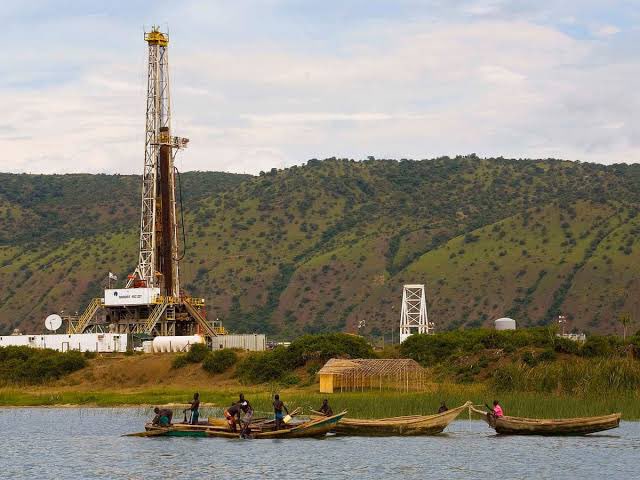KAMPALA – Despite a new direct import agreement with global oil giant Vitol Bahrain, Uganda has seen fuel prices rise, making Kampala the city with the highest fuel costs in East Africa.
In early July 2024, the Uganda National Oil Company (UNOC) received its first shipments of petrol and diesel under a five-year deal with Vitol Bahrain. The initiative aimed to reduce fuel prices by eliminating intermediaries in Kenya, a move President Yoweri Museveni endorsed to counteract high prices attributed to Kenyan middlemen.
| City | Diesel Price (per litre) | Petrol Price (per litre) |
|---|---|---|
| Kampala | $1.38 | $1.47 |
| Nairobi | $1.32 | $1.45 |
Despite the new deal, fuel prices in Kampala have increased. Diesel rose to $1.38 per litre from $1.37, and petrol increased to $1.47 from $1.46. This has led Kampala to surpass Nairobi, which now has cheaper fuel prices.
The deal with Vitol Bahrain was supposed to give Uganda more control over fuel pricing and reduce costs. However, high pipeline and logistics charges have offset the benefits. UNOC’s logistical costs for petrol stand at $36.92 per tonne, compared to $28.03 per tonne in Kenya. Similarly, pipeline charges in Uganda are $57.38 per tonne, higher than Kenya’s $45.93 per tonne.
| Cost Component | Uganda’s Charge | Kenya’s Charge |
|---|---|---|
| Logistics (per tonne) | $36.92 | $28.03 |
| Pipeline (per tonne) | $57.38 | $45.93 |
These costs have led to questions about the deal’s effectiveness. High pipeline charges and logistics fees have negated the lower premiums and freight rates negotiated with Vitol Bahrain.
The situation is further complicated by recent claims from Uganda’s Minister for Energy and Mineral Resources, Ruth Nankabirwa. She alleged that Kenya had illegally increased bonding charges for UNOC’s fuel at the Mombasa facility, leading to additional costs.
In comparison, Tanzania has the lowest fuel prices in the region, with diesel costing $1.16 per litre and petrol $1.20. Kigali follows with petrol at $1.263 per litre and diesel at $1.254.
Kampala’s high prices could drive customers to cross into Kenya for cheaper fuel. Local oil marketers in Kampala have questioned why prices remain high despite the direct import deal, increasing pressure on authorities to justify the arrangement.
Kenya, which also supplies Rwanda, South Sudan, the Democratic Republic of Congo, and Burundi, has moved from an Open Tender System (OTS) to a government-to-government deal with Gulf oil majors. This change was intended to support the Kenyan shilling by reducing monthly dollar demands for fuel payments. The Kenyan deal includes a 180-day credit period, which impacts fuel prices.
Uganda, which has previously accused Kenya of unfair practices in fuel importation, is currently embroiled in legal disputes over these issues. The East African Court of Justice is handling a case where Uganda accuses Kenya of breaching the EAC Treaty, while another case at the High Court in Machakos was recently withdrawn, allowing UNOC to operate and purchase fuel directly from Vitol.




















